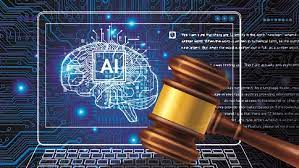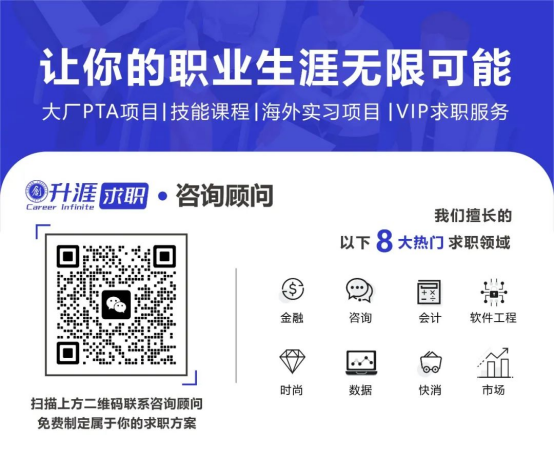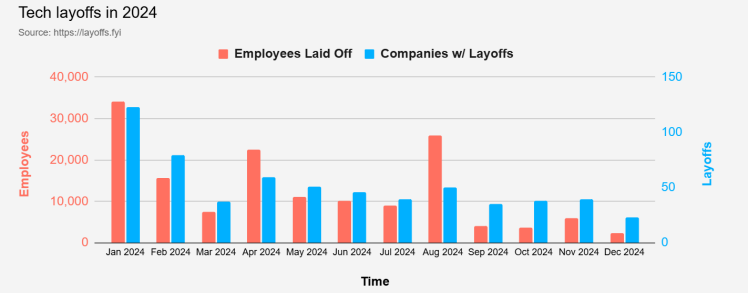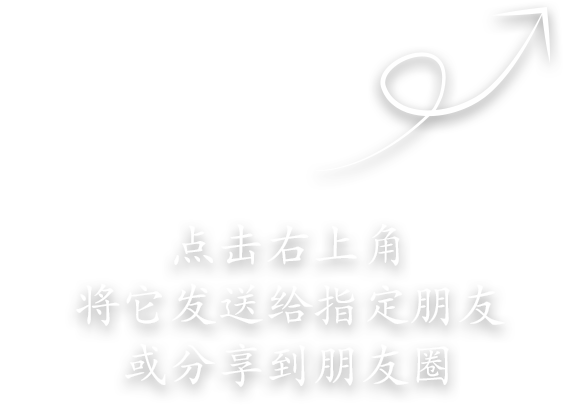AI, which are being increasingly used in various products from toothbrushes to drones, have the potential to transform industries like healthcare and logistics. However, the substitution of human judgment with machine learning poses several risks. While concerns about AI systems turning rogue and threatening humanity remain speculative, there are real worries that AI-driven bots can spread misinformation, exacerbate biases, compromise test integrity, and infringe on people's privacy. Reliance on facial recognition technology, powered by AI, has already led to incorrect accusations of crimes. A false AI-generated image of an explosion near the Pentagon circulated on social media, briefly causing a drop in US stocks. Major tech companies like Google, Microsoft, IBM, and OpenAI have urged lawmakers to implement federal oversight of AI to ensure its safety.

Image sourced from the internet
In the United States, President Biden's executive order on AI establishes standards for security and privacy protections, building upon voluntary commitments from several companies. Congress has expressed keen interest in passing AI legislation, which would have stronger enforcement powers than the White House's efforts, but a comprehensive strategy has not yet materialized. Some senators have advocated for legislation that includes licensing for advanced AI models, an independent federal agency to oversee AI, and liability for companies violating privacy and civil rights. Narrower bills have been proposed to prohibit automated nuclear weapons launches without human involvement and require clear labeling of AI-generated images in political ads. In 2023, at least 25 US states considered AI-related legislation, and 15 passed laws or resolutions, aiming to limit AI use in areas like employment decisions, healthcare, ballot counting, and facial recognition in public settings.
In China, a set of 24 government guidelines went into effect on August 15, targeting generative AI services like ChatGPT that create content such as images, videos, and text. These guidelines mandate proper labeling of AI-generated content and adherence to data privacy and intellectual property rules. Separately, rules governing AI-assisted algorithms used by technology companies for content recommendations, like videos, took effect in 2022.
Leading technology companies, such as Amazon.com, Alphabet, IBM, and Salesforce, have committed to adhering to the Biden administration's voluntary transparency and security standards for AI, including subjecting new AI products to rigorous internal and external testing before release. In September, Congress convened a gathering of tech leaders, including Elon Musk and Bill Gates, to advise on the development of a regulatory framework for AI. One concern for these companies is the extent to which US regulations will apply to AI product developers, not just users. This debate echoes the discussions in Europe, where Microsoft has argued that focusing on the actual use cases of AI is crucial because companies cannot anticipate all possible deployment scenarios and associated risks. The US effort is under scrutiny because American tech companies and specialized microchips are leaders in AI innovation, giving US leaders significant influence over the field's oversight. Many participants in Senate discussions stressed that the US should play a pivotal role in shaping global AI governance, citing China's advancements in the field as a specific concern. However, critics have expressed concern that tech executives may exert undue influence over legislation, resulting in regulatory capture that benefits a few large companies and impedes efforts by open-source organizations to develop competitive AI platforms.
To learn more, please follow the "career infinite" website.
We match you with top-quality mentors from major companies, offer 1-on-1 personalized career guidance, resume polishing, sharing of written and interview experiences, provide official internship certification, and three official referral opportunities, with an acceptance rate of over 90%. Don't miss out on this opportunity.
We will continuously update job trends and connect in real-time with high-quality mentor resources from major companies in artificial intelligence, internet, finance, biomedicine, consulting, accounting, media, and more, to safeguard your work and internships!












